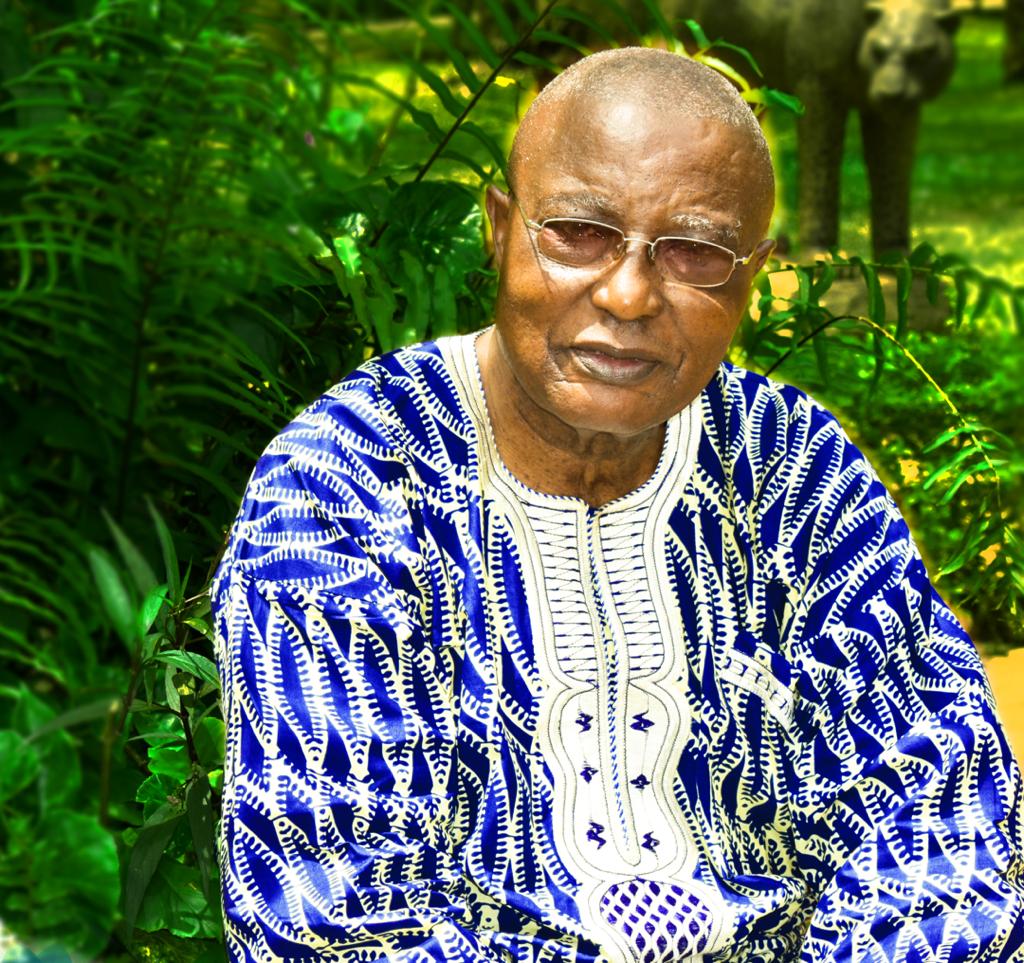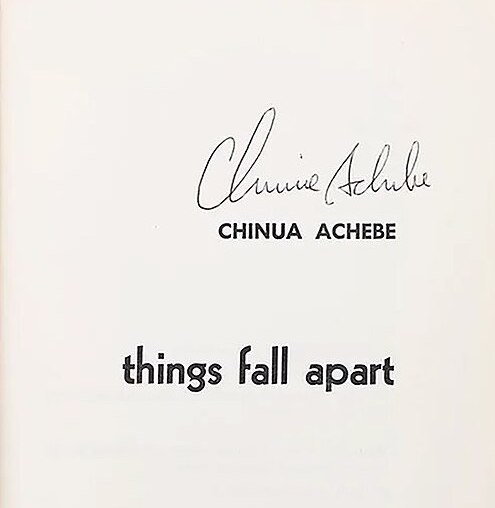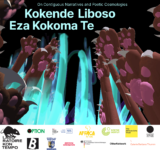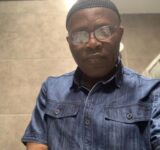“What’s in a name?” The often-quoted question rings on in an age of post-enlightenment. When I think of the vision promulgated by the late emeritus Professor Bernard Nsokika Fonlon, echoes of “Shall We Make or Mar” seem to continue to haunt us today. Having professed the gentleman’s profession of journalism for over three decades across radio, print, and television, in a milieu characterised by conventionality and spin-doctoring, it was difficult to have another voice or say. Having a stand-in view or independent thought led to a clash with the establishment. Despite the many vicissitudes, you had to be a maverick to survive.
The road through journalism in a developing country rides roughshod over ambition. But an attitude problem only needs an attitude readjustment as all ambitions are legal. Having carved out a literary profile for myself, I soon found out that I had a sizeable following of appreciative people of the literati. Professional life had therefore been reporting, analysing, criticizing, and projecting news to anonymous audiences.
In this culture of mass media education, where the world was my parish, people began calling me “The Mwalimu”. Was this some kind of legitimisation of the product of a fertile pen? In an age of outrage over corruption in high places, and with widespread fudging attitudes and impunity, could the pen’s spilling of invective ink find a resting place? There has always been more to questions than answers.
As time went on, the name “the Mwalimu” stuck and my own name, Johnnie MacViban, was relegated to the background. This name had now become a powerful symbol and its outreach could not then be fathomed instantly. The name “Mwalimu” was first used when it was conferred to the late first president of the United Republic of Tanzania, Julius Nyerere, a man of wisdom. “Mwalimu” in Kiswahili means “the teacher, the master, or man of wisdom”.
A careful study of African languages will enlighten one about similarities in etymology. In Lamnso, the language spoken by the Tikari people of Bui Division in the North West Region of Cameroon, “Nwah’limu” means “a person who has studied so much so that books have overtaken him, therefore a man of wisdom and understanding”. What a stunning resemblance that Kiswahili and Lamnso could have in style and lucidity. Professor Nsokika Fonlon (“Nsokika” means “what does Nso know”), whose name begs and answers the question, has seen an approving profile over the years and has been called the Cameroonian Socrates.
What then is in a name? I am in favour of names that bring out the aura and aria. As such, “the Mwalimu” has become a matrix leading to enlightenment. A name needs its beholder to be worthy of it; have an established reputation and defend it in wondrous admiration. Thus the beauty of a name soon becomes like a tapestry of uncommon texture that needs no advertisement, it turns into a natural mystic that feeds the mind. Can you feel it flowing? The playful motif that “the Mwalimu” carries on its lapel is a highly priced and prized name; it is a calling upon whosoever is bestowed The Fellow of the Order of Mwalimu.
Photo credit: Director Metson






